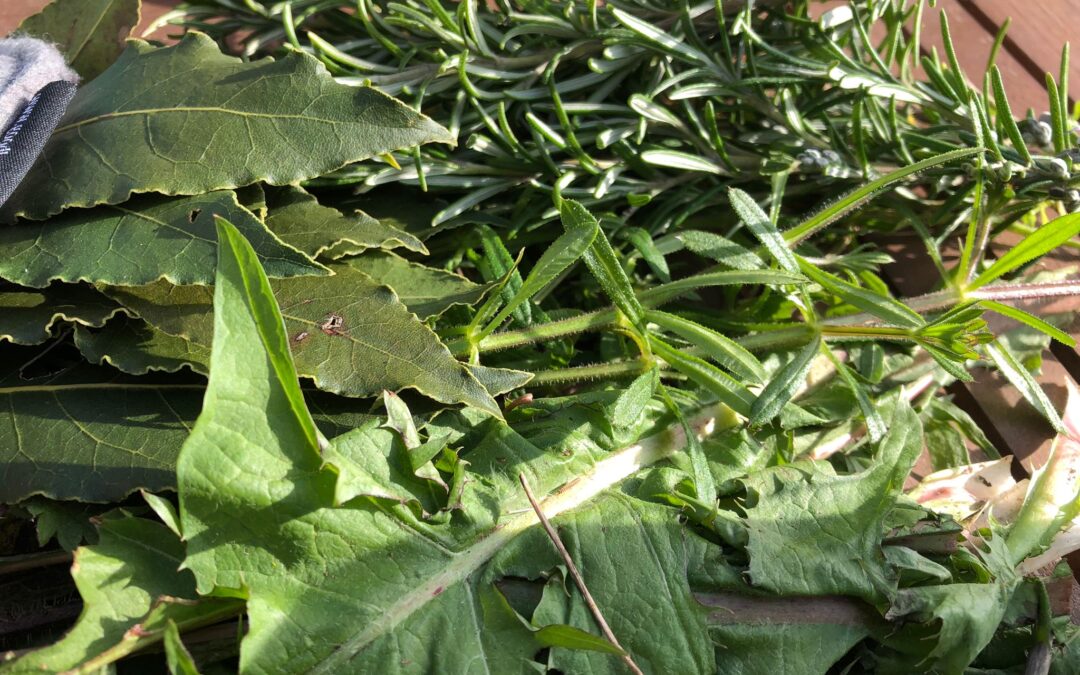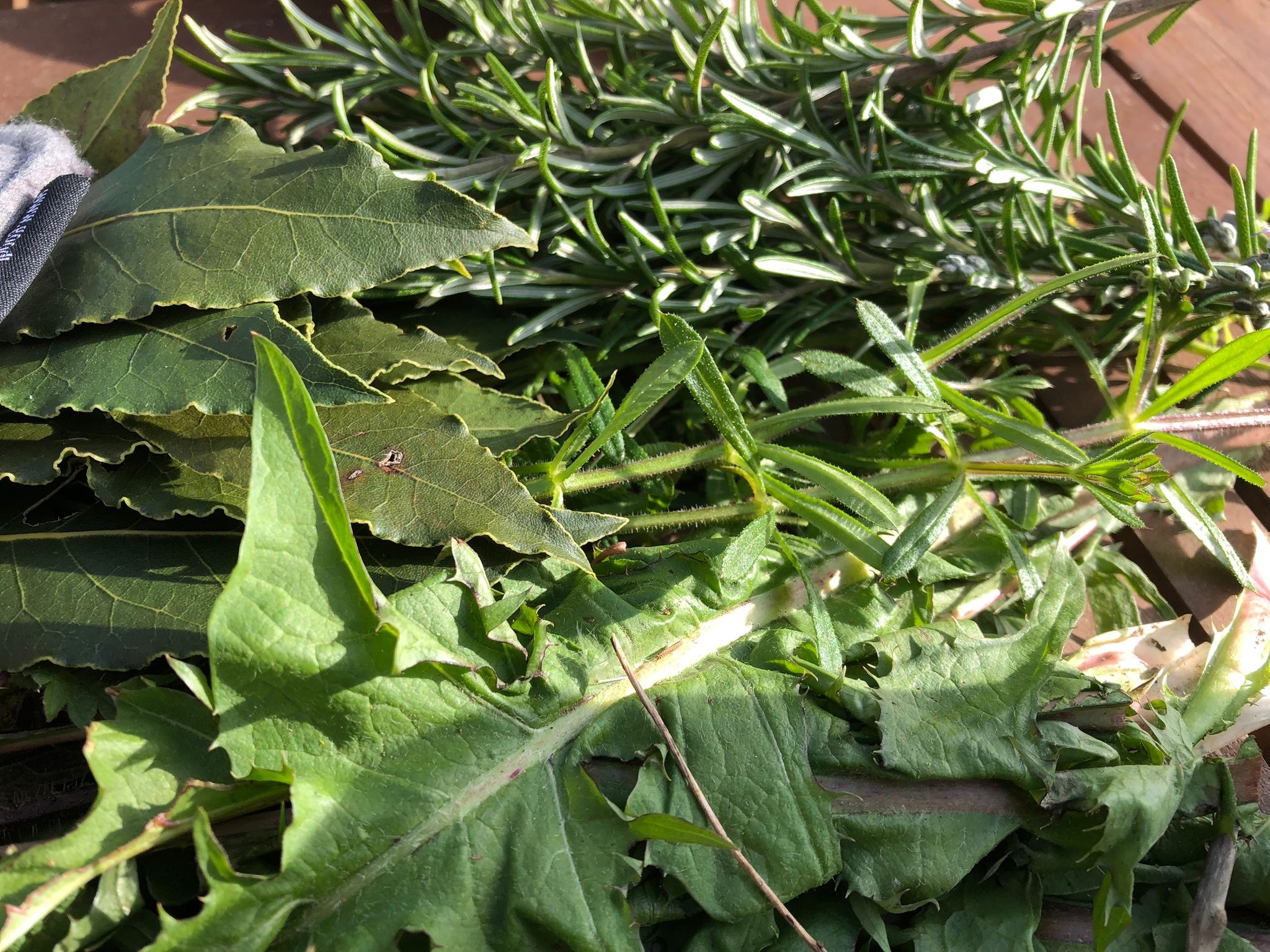Learning to Love My Liver
So, I’m into my next round of Prolon and it is definitely feeling harder to fast every month. After breakfast, I meditated for 30 minutes which felt good and did a bit of yoga this morning but struggled with my commitment to the fast and ate all my kale crackers in one go which did help and settled hunger but to reiterate tip number one, eat everything too soon in the day and it can get hard!
After my last fast in February, I talked things through with Donald Head of Prolon and we agreed that I hadn’t lost much weight or belly fat and since then it’s been hard to keep the weight off in between fasts which is demotivating. Donald helped me reflect on my stress levels and liver health and this was then backed up reading more of Dr Robert Lustig’s work the famous author of Metabolical. With their help, the penny has really started to drop that looking after your liver and reducing down stress can be key components to getting the benefits from fasting and improving metabolic health.
If you read my previous blog, people undertake fasting for a number of reasons but for me improving my metabolic health and balancing my lipid profile and fat (rather than weight loss) are really the key reasons. But it’s important to differentiate here exactly which type of fat I am trying to lose as there are three kinds of fat: subcutaneous, visceral and liver fat. This third type of fat is getting more common and before 1980 we only saw liver fat in alcoholics as alcohol overwhelms the liver, reduces activity in mitochondria and encourages the liver to lay down fat. It also triggers more insulin release which in turn starts to activate metabolic syndrome. We now know that fructose can also overwhelm the liver and Dr Lustig recommends only eating fruit and not drinking fruit juices because now 20% of children have liver fat and 45% of adults! This is a very worrying trend and ultra-processed foods are playing a part.
So back to visceral fat which is located deep in the abdomen and surrounds vital organs such as the liver, pancreas, and intestines. High levels of visceral fat are associated with increased risk of metabolic syndrome, type 2 diabetes, cardiovascular disease, and certain cancers. Unlike subcutaneous fat, visceral fat is metabolically active, releasing inflammatory substances. People can look slim and perfectly well, but if they have high internal visceral fat, in the long term their health will almost certainly suffer.
Like most things in the body, fasting can be significantly impacted by stress. When stressed, the body releases cortisol, a hormone that triggers the release of glucose into the bloodstream. This is because essentially when we are in stress, our body goes into ‘fight or flight’ mode and therefore our bodies ensure that there is energy immediately available for either fighting or running! Cortisol also promotes the storage of fat, especially visceral fat, which accumulates around the abdominal organs.
When fasting, the liver mobilises stored glycogen and initiates fat metabolism to provide energy. However, if the liver is impaired it is no longer able to metabolise the fat as effectively, which makes the results of fasting less effective. Prioritising liver health through fasting-compatible diets, hydration, and avoiding excessive alcohol intake supports efficient fat metabolism, optimising weight loss outcomes during fasting.
So, for this fast as well as working on limiting my stress levels (which includes reducing down the number of clinical hours I am working weekly from April) I am also learning to love my liver. I have been drinking a tea specifically designed to support my liver with ingredients including dandelion, centaury herb and milk thistle. So now to a confession Day, which is along with my lunchtime soup I had a bowl of rocket and freshly picked dandelion leaves to support the liver. I am not recommending deviating from the 5-day programme but feel I should be transparent. Each day I will highlight a herb which often come combined in various cleanse and detox teas.
I am now back from my allotment walking up a steep hill with more dandelion, cleavers and nettle and inspired by my co-academic director Dr Vivien Rolfe who taught on our master level seven diploma with top tips on foraging and making herb teas I can now make my own tea with these ingredients.
Cleavers or gallium aparine is a garden weed and is regarded as a cleanse for the lymphatic system, diuretic and detoxifier. The stem is rough and hairy and will stick to things so another name commonly used by children is “Sticky Willy”! If you would like to learn more about Cleavers, I have included a link to a wonderful article below.
I have also been looking at a few more biomarkers. This morning despite it being Sunday my BP is raised at 138/74 so I have also taken a dose of Homeopathic remedy cortisol 12C. I have found homeopathic medicines useful for my health and tomorrow will also take my constitutional or personalised homeopathic medicine to support the fasting process. Generally, I’m finding it easier to start on a Sunday, so I am finished on the Thursday and this week Friday is Good Friday and I have family coming. Day I is always easier with the extra nut bar which I could have with a cup of tea in the sun, so at 5.30 pm despite being active I am not currently hungry.
This time I am also looking at my heart rate variability (HRV) using a monitor and downloaded app on my phone. I’ve been doing some measurements for a few weeks and am glad to say that the HRV is improving, and I am shifting out of sympathetic overdrive into more parasympathetic activity. It’s going to be interesting to see what happens with both BP and HRV during the fast. My BMI is still in the overweight range so let’s see what is possible with this second prolonged fast!
Dr Elizabeth Thompson


